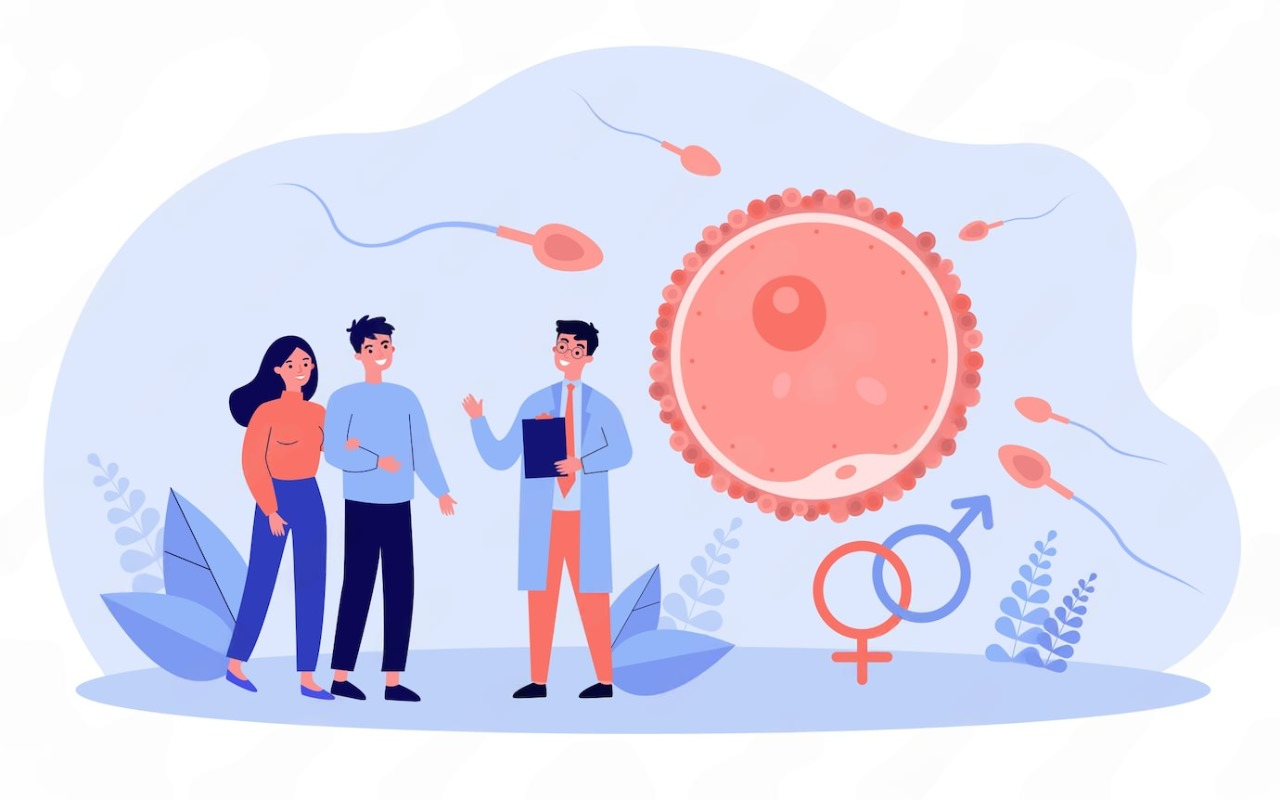Book your initial consultation today and take the first step toward a healthier, worry-free fertility journey. Contact us now!

Male infertility accounts for about half of the estimated cases of infertility throughout the world, which affects about millions of couples who are struggling to become pregnant. Hormonal imbalances and genetic disorders are two of the most common reasons men are infertile. Lifestyle habits such as smoking, heavy drinking, obesity, and stress are also big contributors to male infertility.
The diagnostic begins with a comprehensive seminal analysis that evaluates the sperm in terms of number (concentration), activity (motility), and form (morphology). Further tests may be used, including hormone tests, testicular ultrasound, and genetic testing, to determine the cause of infertility. Early diagnosis and treatment are extremely important from a recognized infertility clinic in Malviya Nagar, South Delhi.
A wide range of therapeutic options exists for male infertility as assisted reproductive technology progresses. Lifestyle changes, diet changes, or hormone therapy sometimes can help improve the quality of a man’s sperm. In severe cases, ART, which includes IUI (Intrauterine Insemination), ICSI (Intracytoplasmic Sperm Injection) and TESA (Testicular Sperm Aspiration), are the available treatment options.
The ICSI (Intracytoplasmic sperm injection) process of injecting one healthy sperm into the egg is known to be very successful in the treatment of severe male infertility. The fertilisation rate with ICSI is 70-80% as per the studies. Under the guidance of Dr. Pooja Bajaj Wadhwa, our IVF centre provides a Complete Fertility Checkup and customized Fertility solutions in Malviya Nagar, South Delhi.
Schedule an appointment with our Experts now at our male fertility clinic in India for a detailed diagnosis and to explore your fertility treatment options.


There are several reasons that it can occur, including a low number of sperm, decreased sperm motility, hormone imbalances, genetic conditions, or personal choices that are not conducive to healthy sperm.
Diagnosis includes semen analysis, hormone testing, ultrasound, and genetic screening for factors that can impact fertility.
Yes! There are a range of possible treatments, such as medication, hormone treatments, lifestyle changes, or assisted reproductive technology, such as ICSI or IUI.
While men can produce sperm into the end of their lives, the quality of it goes down after 40, leading to poor motility and a greater propensity for genetic abnormalities.

Dr. Pooja Bajaj Wadhwa is a renowned specialist in Obstetrics and Gynaecology, dedicated to providing exceptional care and advanced treatments to women facing fertility challenges.
Copyright © 2025. All Rights Reserved. Designed & Developed By Excel Range Media